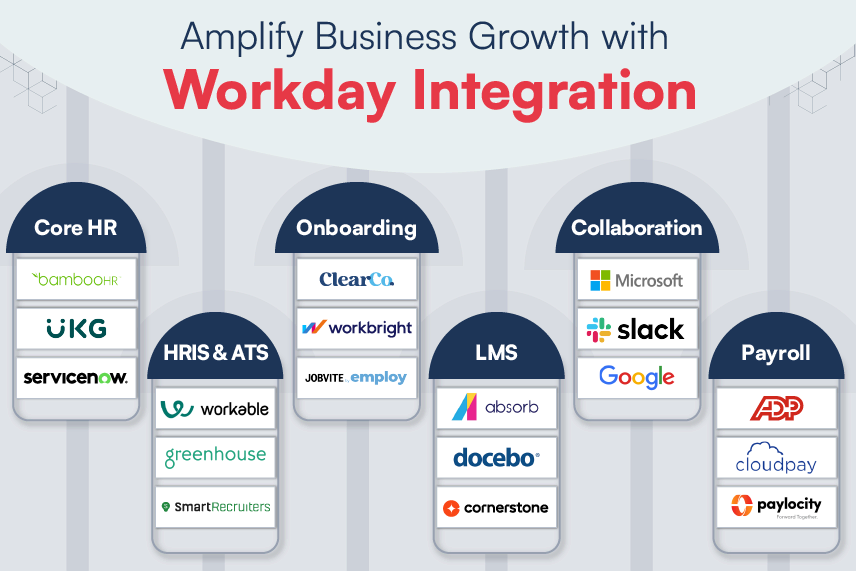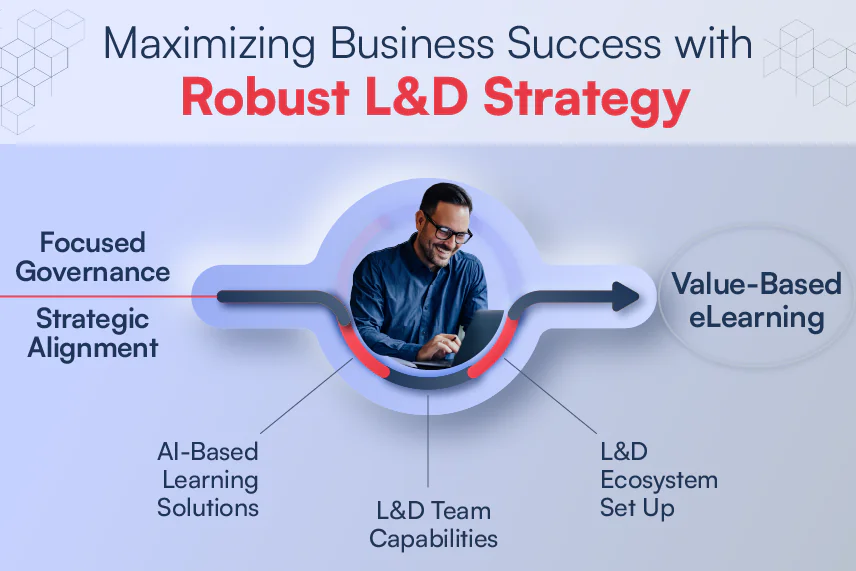Cloud computing enables data access across the globe at supersonic speeds; consider this as a primary option if you are seeking a constant stream of users asking for your services without putting a load on your servers. Public cloud is a flexible cloud platform offering data storage, application hosting and server services through a public network such as internet. In this blog, I will try to cover why public cloud should be preferred by enterprises.
Let us look at the industry insights on the cloud that have been present for a while. Cloud computing revenue is expected to grow firmly around the world from $110.27 billion USD in 2012 to more than $209 billion in 2016. The most widely used cloud service providers in alphabetical order are Amazon Web Services (AWS), Google Cloud and Microsoft – Azure.
Features of Public Cloud
Public cloud offers multitude of features for enterprise ISVs:
- Infrastructure as a Service (IaaS) – Enterprises have an edge when it comes to IaaS as it offers computing infrastructure at reasonable pricing. Under the umbrella of computing infrastructure, we talk about storage systems, load balancers, firewalls, virtual machines, IP addresses, etc. Enterprises having offshore services can opt for IaaS and top players are Amazon, Microsoft and Rackspace.
- Platform as a Service (PaaS) – Cloud computing platforms work great with the end-goals of an enterprise offering high-end agility and flexibility. Cloud-enabled platform provides multiple options for operating systems, database management services, programming language options, web servers, etc. An enterprise may go for Azure, Heroku, Apache Stratos or AWS as these are some renowned PaaS providers.
- Software as a Service (SaaS) – SaaS is a widely used service in Public Cloud. Many enterprises go for this option as the entire development to hosting is done by the SaaS provider; also, the hassles of monitoring a particular application performance are avoided through SaaS. The SaaS provider will ensure to install, setup, resolve downtime, boost performance, manage traffic and monitor performance. The pricing varies as it mostly depends on the type of SaaS selected by the enterprise. Google Apps, AWS or Office 365 are the perfect examples of SaaS.
Now that we have dwelled upon the features offered by Public Cloud, let us deep dive and find out how it can be advantageous for an Enterprise:
- Cost efficient – Public cloud is an inexpensive setup. Having multiple data centers with high-end software and hardware lowers the cost of its service. Operational costs witness a considerable drop in the long run, with the usage of public cloud. Public cloud incorporates a Pay-As-You-Go pricing model; it serves the purpose of being cost efficient as there is no need to develop an entire data center which may be pricey. Public cloud saves tons of infrastructure costs as well. Since the location of servers is at the cloud service provider, enterprises can make huge infrastructure cost savings.
- Scalability – Public cloud provides multiple options of on-demand scaling as per the enterprise requirements. Public cloud providers like Google or Amazon (AWS) are always on upgrading spree to match world-class cloud service standards.
- Security – Public cloud is preferred for the security it offers. To sustain regular attacks done by hackers, security parameters in the public cloud are at its maximum.
- Massive storage – Public cloud offers humongous space for data storage, an elastic feature that is necessary for a growing enterprise. Not just storage but also accessing it from across the globe is easy since the internet is the key connector.
Harbinger has extensive experience in implementing varied public cloud services for one of its enterprise customers. Through SaaS, Harbinger enabled the healthcare enterprise to maintain a sleek electronic health record (EHR) system for its patients. The results delivered long-term benefits and ensured multifold growth possibilities for the enterprise in healthcare space.
Public cloud cuts the mustard as a cost efficient solution for enterprises with cloud requirements. In addition, the market for public cloud is booming tenfold providing huge opportunities for an enterprise. Gartner projects that the public cloud market will hit $191 billion by 2020, from 2013’s total of $58 billion, further stating a probable growth for the demands of public cloud. Enterprises should consider shifting to public cloud to witness rolling of multiple profits with respect to their cloud requirements.






